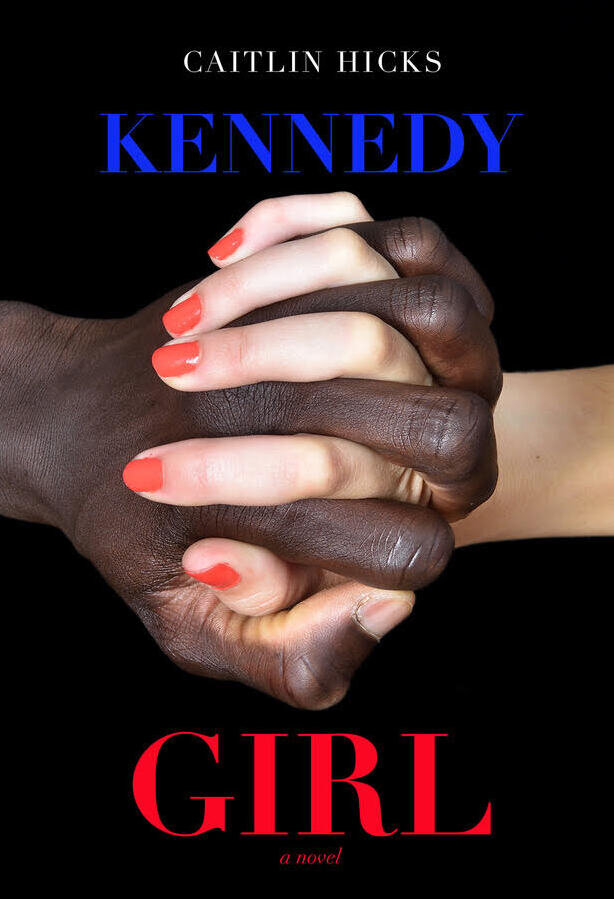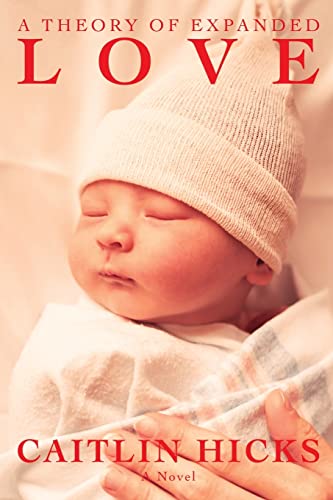Broadcast on CBC Radio
I wrote this essay in 1995, and it was broadcast on CBC regional radio and published in the Coast News, the Sechelt Sun and The Sun of Gibsons. I’m going to read it again on Wednesday evening, March 6th at the Gibsons Public Library in honour of International Women’s Day.
Writers Sheila Cameron, Jennie Tschoban, JoAnne Bennison and Paula Howley will also read original work with the theme of A Woman’s Body.
A Woman’s Body
It was no surprise that A woman’s body was found today. No surprise hearing another news headline summarizing the end of the life of another young woman. Even though this is not an unusual story, I find myself profoundly disturbed that Melanie Carpenter was abducted, that she was missing and that she was found, dead.
Melanie Carpenter. What is so haunting about this news story? Is it the benign nature of the tanning salon, that innocuous, familiar-sounding place we’ve all passed by? The casual event of some man walking in the door? The front desk training, ‘be friendly, smile at the customers’? Is it the closeness of her adbuctor’s face against the cash machine? Is it because we can see ourselves, punching ‘ok’ at the neon instructions of convenience banking? We can just feel her standing there, behind him. His back is turned, why doesn’t she just run? Why doesn’t she call for help? If you’re a woman, you imagine yourself in the situation and you think: what would I have done?
The more things stay the same
A woman’s body. Years of training watching films, television, newspapers and magazines, when I hear ‘a woman’s body’ I expect to hear: ‘was found dead’. Usually it is the naked body of a woman, not a person with a name. On so many levels I know this woman’s body drives the kids to soccer, makes the meals, puts her arms around her crying child, or caresses her lover, this person is so capable of being found cold, naked, dead.
It makes me think of the stories about ancient cultures making sacrifices to the gods so their crops would be plentiful. The sacrifice chosen at harvest time was usually a young, beautiful maiden plucked out of the prime of her youth and swept up onto the burning sacrificial pile, full of terror at her impending doom while everyone else stood around watching. If the sacrifice were properly executed, the society would continue to prosper. Isn’t this familiar? The fear, the random selection, the woman’s body sacrificed, the status quo maintained?
And yet. Isn’t this another example of a ‘woman’s issue’? A Woman’s issue: something to be whispered about behind the bathroom door at that time of the month, something unpleasant and special, peculiar to women. An embarrassment, like menstruating, that women have to take care of because it only affects them. As a woman, you understand that it’s your business to keep yourself smelling nice and it’s up to you to get rid of the blood.
Is violence against women a ‘women’s issue’?
Yet, look again. There is a man in this picture. There he is, eyes focused on the blinking screen. Who decided he was ready to be let loose from prison into society? Who wrote up the rule that a prisoner having served two thirds of his sentence must be released, even if he is a ‘high risk to re-offend’? Did anyone provide that this obsessed man get rehabilitation from his own abused past? Who abused him? Wasn’t there a man in that picture, too, making him feel deeply humiliated, hurting him so profoundly as a child he was described by a psychologist as having “a fairly advanced antisocial personality disorder”? Yes, there’s definitely more than a beautiful woman in this picture. There would be no murder, if all of us weren’t there, allowing it to happen.
And what about the focus of this picture? It’s really clear, almost shining around Melanie Carpenter’s beautiful blonde body, up there on the sacrificial pile. If she weren’t the supple object of Everyman’s desire, wouldn’t the story be tucked onto page six, sandwiched inconspicuously between advertisements of ordinary things, like automobiles and tanning salons? If she were a prostitute, wouldn’t it be her fault? If she were elderly, wouldn’t her age be the emphasized detail? If she were a woman of color – I cannot remember this kind of attention being paid to the disappearance of a woman of color.
Even as police searched for her, a home video of Melanie Carpenter in a bathing suit was broadcast widely, again and again. For whom was that interesting or even relevant? There is a connection between Melanie Carpenter’s murder and the ubiquitous advertisements and yes, news stories which sensationalize us, which hold us up, barely dressed, image by image, advertisement by advertisement, story by story as a sexual object for the pleasure, the humor and fascination of men.
By the same token, isn’t it just a little bit disturbing that most men don’t have to feel anything but perhaps a morbid fascination and a low-grade, second-degree fear that maybe, someday this could happen, not to them directly, but to someone they know and love? Chances are, statistics are, it’s not going to happen to them. No man really has to fear being abducted and raped and murdered and left naked and cold in a ditch.
But as a woman, with a woman’s body, it’s something I am aware of every day of my life. Although it may be my direct problem that men are so capable of killing me, it’s not just my issue because I’m a woman. Melanie Carpenter’s abductor wasn’t an aberration. He’s our next-door neighbor in a community which hasn’t figured out how to handle the overflowing problem of family violence and sexual abuse. He breathes the air we breathe, watches our tv shows and advertisements. He goes to our schools and churches, learns what we learn.
Melanie Carpenter’s murderer is a product of our Canadian community; he was raised in our culture, which doesn’t quite know how to heal itself, or even deter itself effectively with punishment. Melanie’s death is an earmark of the staus quo, which trivializes women. Her death is what we get for our love of violence and humiliation in sports, films and video games; when we treat Violence Against Woman as inevitable in countless stories in every media, stories which wouldn’t get off the proverbial ground without the dead body of a woman discovered in the first five minutes.
Are you tired of hearing this? I’m tired of seeing myself murdered day after day. I’m tired of hearing a woman’s body has been found. I’m tired of the fear.I ache to be rid of the dark image in my mind’s eye of someone with a body just like mine, her hands tied behind her back, stabbed in the stomach, wrapped in a sleeping bag, discarded on a dirt road. And I want to know: how close does it have to get to you, personally, for you to see that this ‘women’s issue’ is about all of us? Must your wife be murdered? Your daughter raped?
Melanie Carpenter’s death is a much larger picture with all of us in it, smiling for the camera. To prosper, we don’t need another sacrifice to the gods of the status quo. We need to change.

